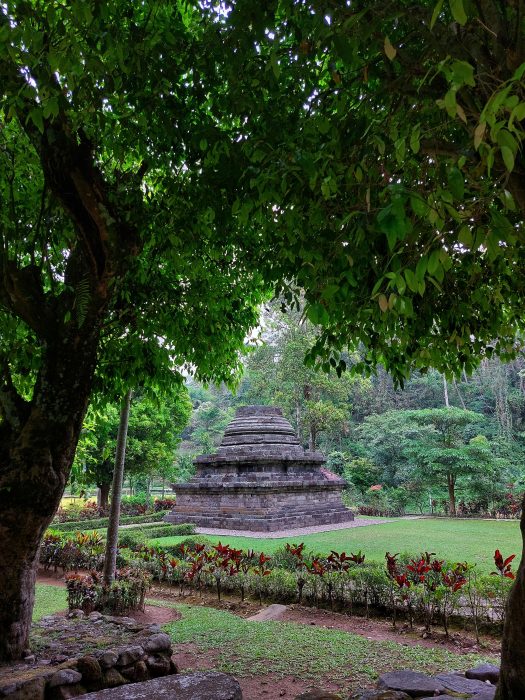Indonesia is a country with a rich and diverse history that spans thousands of years. The archipelago was home to several ancient kingdoms and empires, and its strategic location made it a hub for trade and commerce. Over time, Indonesia has been influenced by various religions and cultures, including Hinduism, Buddhism, Islam, and Christianity.
Pre-colonial Era: The earliest known civilization in Indonesia was the Tarumanagara kingdom, which was established in West Java around the 4th century CE. Other important kingdoms that emerged in Indonesia include the Srivijaya Empire, which controlled much of the Malay archipelago in the 7th-13th centuries, and the Majapahit Empire, which was founded in the 13th century and became one of the largest empires in Southeast Asia.
Colonial Era: In the 16th century, Indonesia became a target of European colonial powers seeking to control its valuable spice trade. The Portuguese were the first to arrive, followed by the Dutch, who established the Dutch East India Company and eventually gained control of the archipelago. The Dutch colonial period lasted for over 300 years and was marked by the brutal exploitation of Indonesia’s resources and people.
Independence Movement: In the early 20th century, Indonesia began to see a rise in nationalist sentiment, with many Indonesians calling for independence from Dutch rule. This movement gained momentum during World War II, when the Japanese invaded Indonesia and forced the Dutch to relinquish control. After the war, Indonesia declared its independence on August 17, 1945, and Sukarno became the country’s first president.
Modern Era: The early years of Indonesia’s independence were marked by political turmoil and economic instability. In 1965, General Suharto seized power in a coup and ruled Indonesia for over three decades. His regime was characterized by authoritarianism, corruption, and human rights abuses. In 1998, amid widespread protests and economic turmoil, Suharto resigned and Indonesia began a period of democratization.
Since then, Indonesia has made significant progress in terms of political and economic development. The country has held several successful democratic elections, and its economy has experienced rapid growth. However, Indonesia still faces many challenges, including poverty, corruption, and social inequality.
In conclusion, Indonesia’s history is a long and complex one that reflects the country’s rich cultural heritage and strategic location. From the ancient kingdoms to the colonial period and the struggle for independence, Indonesia has undergone many changes throughout its history. Today, Indonesia is a vibrant and diverse country with a promising future, but it still faces many challenges as it continues to develop and grow.


Leave a Reply